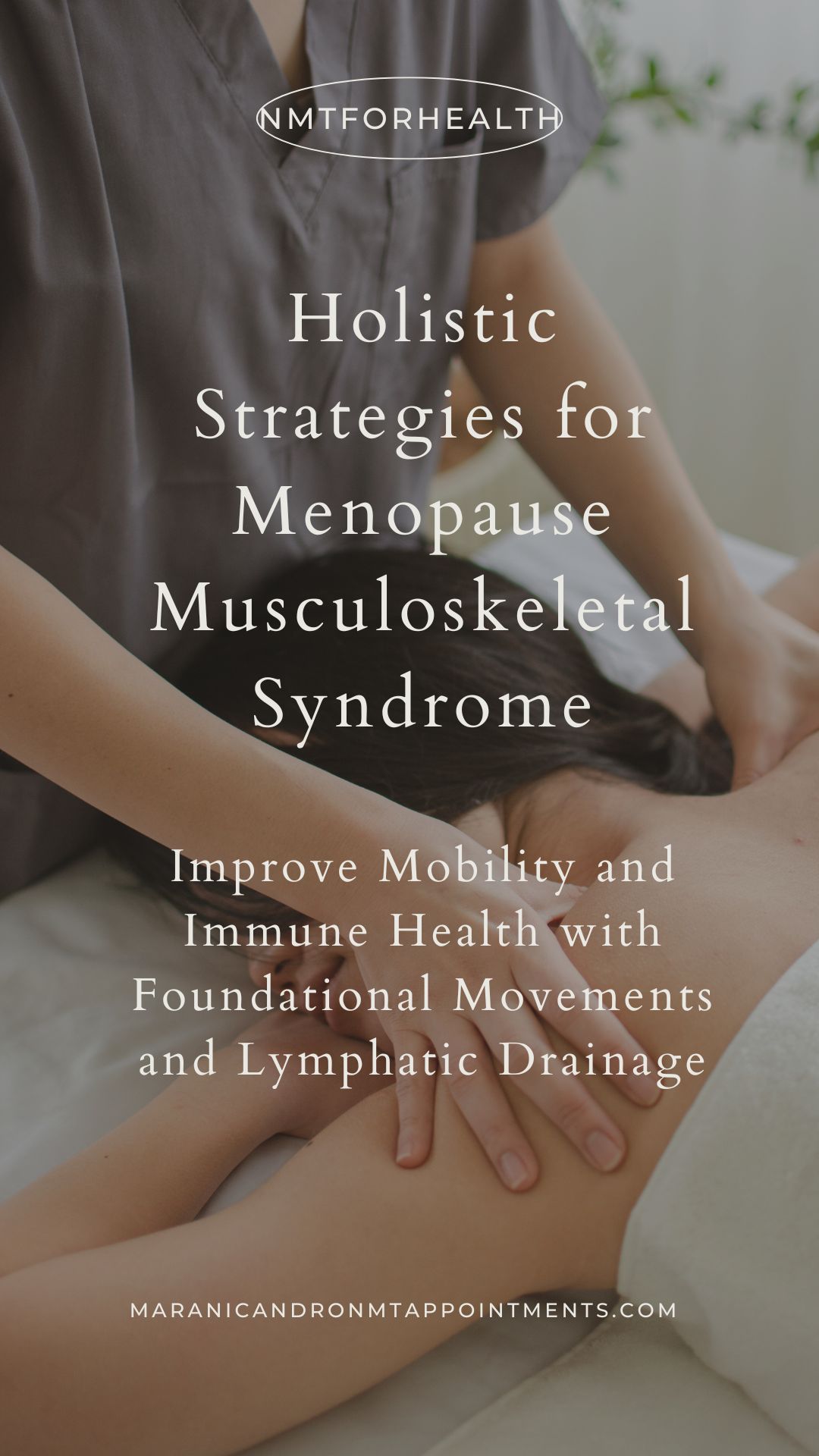Navigating health changes can be challenging. I personally struggled to get the right support for my symptoms, only to find out later that they were normal. Dr. Vonda Wright’s groundbreaking research highlights that musculoskeletal changes during various life stages are a natural part of aging, not something to silently endure. This is a game changer for women of all ages, emphasizing the importance of proactive health management.
Half the world’s population will experience menopause, accounting for 47 million women entering the menopause transition annually. A staggering 80% of women in the menopause transition will experience the life-altering symptoms of the little-known Musculoskeletal Syndrome of Menopause (MSM), including total body pain and frozen shoulder.
A landmark study has officially established the nomenclature for the Musculoskeletal Syndrome of Menopause, thanks to the pioneering research of Dr. Vonda Wright, an orthopedic sports surgeon, researcher, longevity doctor, and Associate Professor of Orthopedic Surgery at the University of Central Florida School of Medicine (UCF SOM).
“Clearly, this is an issue that many women experience but is not adequately acknowledged or addressed within the medical establishment,” stated Dr. Wright.
Dr. Wright coined the term “Musculoskeletal Syndrome of Menopause” after observing numerous post-menopausal women suffering from orthopedic issues, such as frozen shoulder. Her extensive research has unveiled that a staggering 80% of post-menopausal women endure life-altering musculoskeletal symptoms, with 25% of these women being severely debilitated by them. Despite the prevalence, these symptoms often go unrecognized or misdiagnosed by healthcare providers, leaving many women to suffer in silence.
The syndrome encompasses a range of debilitating symptoms, including:
Arthralgia (total body pain)
Inflammation (e.g., frozen shoulder)
Loss of muscle mass
Loss of bone density
Fat redistribution
Rapid increase in arthritis
The study highlights the rapid loss of estrogen during perimenopause and menopause as the root cause of MSM. Alarmingly, 40% of women seeking medical care for these symptoms find no structural problems, leading to feelings of being dismissed or misunderstood by clinicians.
Dr. Wright’s research underscores the urgency of acknowledging MSM in the medical community. Not only is MSM treatable, but it is also preventable through early intervention, lifestyle modifications, and comprehensive knowledge. Without proper treatment, MSM significantly contributes to frailty and increased mortality in women.
Addressing Root Causes with Foundational Movements
In my practice, I focus on addressing root causes and using preventative strategies, such as foundational movements, to help your body adapt and maintain functional movement patterns. Foundational movements are critical for:
Improving Mobility: Ensuring that your joints and muscles work in harmony.
Preventing Injuries: Reducing the risk of chronic inflammatory conditions like frozen shoulder.
Enhancing Daily Functionality: Making everyday tasks easier and less painful.
The Critical Role of the Lymphatic Drainage System
Another key aspect of my holistic approach is the emphasis on the lymphatic drainage system. This system is crucial for immune health and overall well-being. Here’s why it matters:
Detoxification: The lymphatic system helps remove toxins and waste from the body.
Immune Support: It plays a vital role in defending against infections.
Reducing Inflammation: Proper lymphatic function can help decrease inflammation, which is often at the root of chronic pain conditions.
A Holistic Approach to Women’s Health
A holistic approach should be designed to support every stage of women’s health and help you feel whole again. It includes:
Breathing Patterns: Proper breathing techniques to enhance oxygen flow and reduce stress.
Core and Pelvic Floor Stability: Strengthening these areas to support overall body function and alleviate pain.
Building a strong foundation helps keep injuries at bay when you work out. By focusing on these areas, we can help improve energy levels, promote better sleep, and make movement more comfortable and natural. This approach allows you to embrace health changes proactively and with the care they deserve.
Moving Away from Outdated Paradigms
It’s time to move away from the old paradigm of blindly going through changes only to be diagnosed later. Understanding that these musculoskeletal changes are a normal part of life helps us approach them with the right strategies. Thanks to Dr. Vonda Wright’s research, we now have the insights to support our bodies through these transitions effectively.
My clients know that I promote therapy to address root causes and use preventative strategies like foundational movements to help your body adapt to functional movement patterns. By incorporating the importance of the lymphatic drainage system, we ensure a holistic approach to health that supports you at every stage.
Let’s embrace this normal process with the care it deserves, focusing on proactive, holistic strategies that enhance our overall well-being.
Are you ready to take control of your musculoskeletal health? Contact us today to learn how our holistic neuromuscular massage therapy can help you improve mobility, support immune health, and achieve a balanced, pain-free life.


Comments
One response to “Holistic Strategies for Menopause Musculoskeletal Syndrome”
[…] [Holistic Strategies for Menopause Musculoskeletal Syndrome] […]